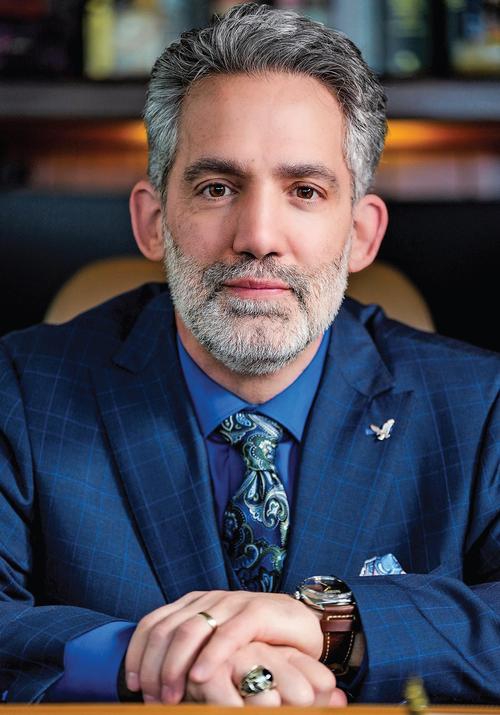Police reports.
The official police report of the accident is usually seen as an objective view of the facts of the crash. Officers may record who they think is at fault, whether a driver was drinking, and other helpful information that can affect your settlement.
Witnesses.
There are many different types of witnesses that can testify on your behalf. The first are eyewitnesses, or people who were present at the scene and saw the crash happen firsthand. An eyewitness can give helpful testimony such as confirmation that an at-fault driver was texting while driving. Expert witnesses—such as accident reconstructionists, doctors, and engineers—are specialists who can give their educated opinions on complex issues to help the jury understand the full effects of the crash.
|
Related links: |


